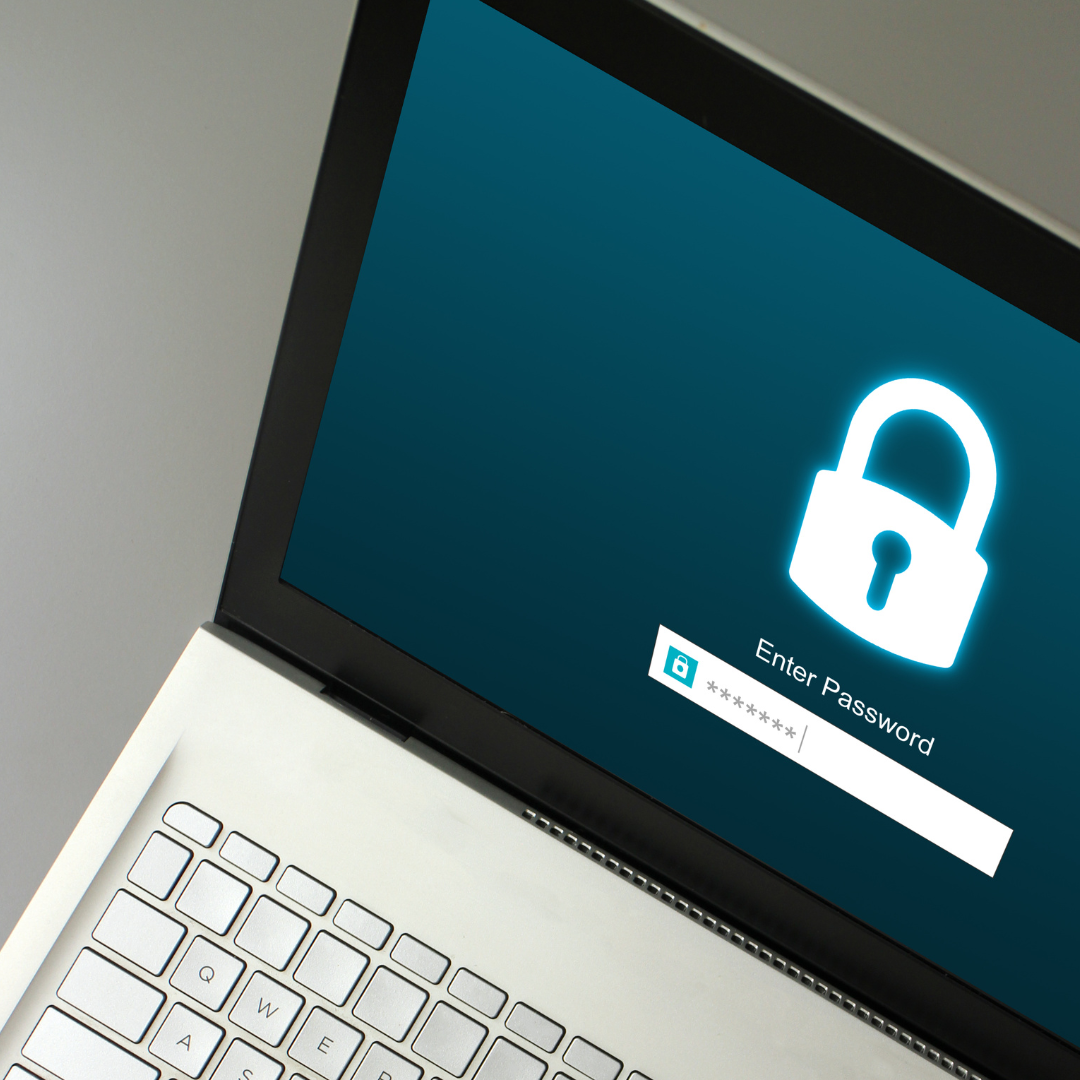If there is one thing about modern life, it is that passwords are ubiquitous – and often frustrating – necessities when it comes to online security. But having a strong password is very important.
There is a meme going around that, in a nutshell, is a person saying they don’t have many more passwords in them and we get that! When you have to have a login for every doctor’s office, grocery app, email, virtual store front and then, all your work sites as well – it can be a lot, but investing in a strong password is worth it.
Keeping your password secure is critical to avoiding data loss, security breaches and more that can really be a headache.
So, what do you need to know about creating a strong password and keeping it secure? Here are a few things to consider.
Beyond complexity
Everyone knows that a strong password should have letters, numbers, characters and more – meaning, the more complex the better. But did you know that you should regularly be looking at your passwords and using different ones for different sites and portals? We know, that sounds overwhelming and like overkill. But using the same password, especially if it uses personal information like a child’s name or your address, can be risky. Changing your repetitive or personal passwords is a good first step.
Use MFA
MFA, or multi-factor authentication can slow you down when you just want to get something done, but not using it can REALLY slow you down if you have a bad actor trying to hack into your accounts. MFA should be used on accounts like your bank or medical sits as an extra layer of security – meaning you get a code via email or text to log into the site instead of just a password.
Consider a password manager
Some operating systems offer a password manager so you don’t have to remember all your passwords and this can help keep your accounts more secure – and some offer complex passwords to use instead of Billy123. Then, those passwords are stored securely so you don’t have to remember them.
We typically recommend our clients utilize password managers that are independent of the operating system, e.g. not macOS Keychain. Use ones like Bitwarden or LastPass that offer a variety of options, such as web interfaces, desktop applications, browser extensions, and mobile apps to make using the stored credentials easier. are what we typically recommend. That way if you don’t always use the same device, or need to use credentials on other devices, you have a safe and secure way of doing it rather than storing them in notes on your phone, for example.
AccuNet Inc.
If you want to talk about how to keep your data secure, we can help. Contact us today!



